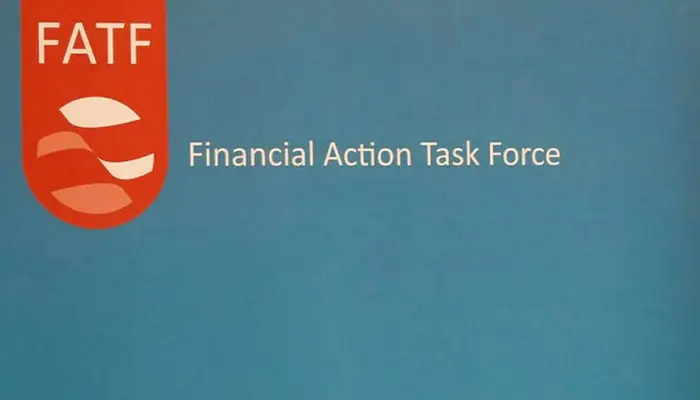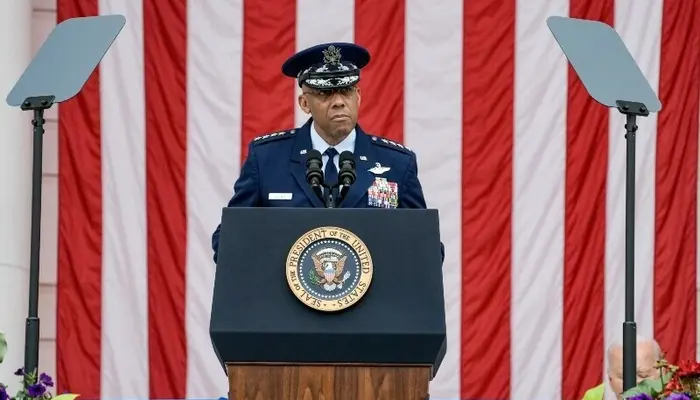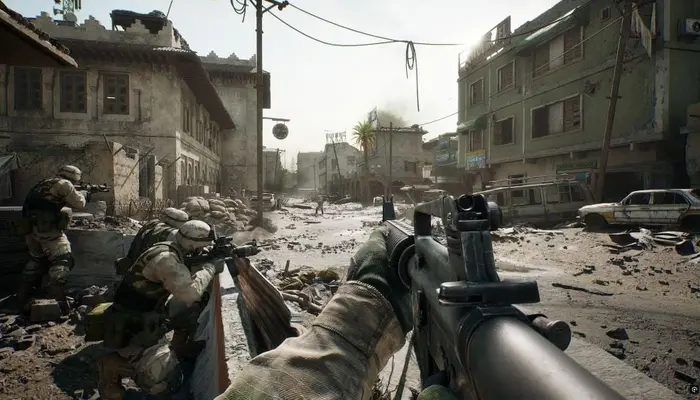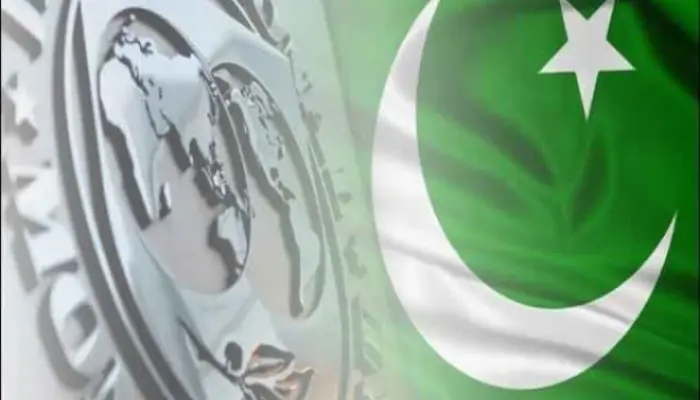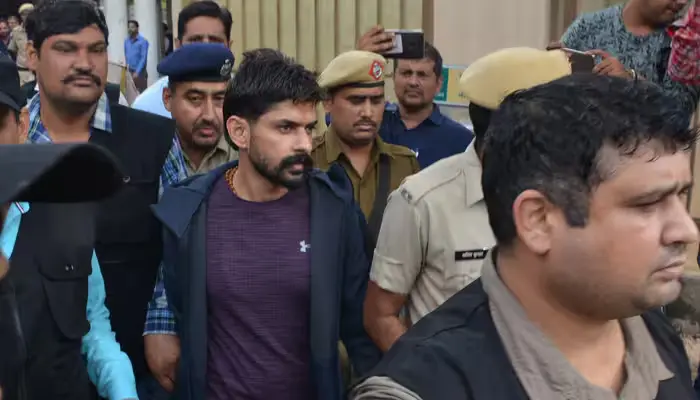
Canadian police accused the Indian government of working with a notorious criminal network run by gangster Lawrence Bishnoi. The gang is working to execute targeted killings of dissidents in Canada. The accusations, revealed on Monday, triggered a diplomatic row between the two nations, leading both countries to expel each other’s top diplomats.
The controversy centers on the murder of Hardeep Singh Nijjar, a Sikh activist, shot dead outside a gurdwara in Vancouver in June last year. Canadian police claim they uncovered evidence linking India’s top diplomat, Sanjay Verma, to the killing. Canada’s foreign minister, Mélanie Joly, tied five other expelled Indian officials to Nijjar’s assassination. She confirmed Canada has “ample, clear, and concrete evidence” identifying six individuals connected to Nijjar’s death.
India Rejected the Allegations
India rejected the allegations and called them “ludicrous,” accusing Canadian Prime Minister Justin Trudeau of pushing a political agenda. Indian officials denied any involvement in the assassination and dismissed the accusations as baseless.
Canadian authorities also alleged that Indian government agents collaborated with Lawrence Bishnoi’s criminal syndicate to target the South Asian community, especially pro-Khalistani activists, in Canada. Bishnoi, imprisoned since 2014, allegedly runs one of India’s most powerful criminal empires. His gang has been involved in several high-profile killings, including the recent shooting of a politician in Mumbai. Canadian investigators believe Bishnoi’s influence has expanded to Canada, where a large Sikh diaspora resides.
At a press conference, Brigitte Gauvin, a Canadian police assistant commissioner, confirmed the link between organized crime elements, especially the Bishnoi gang, and Indian agents. Bishnoi’s gang had previously claimed responsibility for the killing of Sukhdool Singh Gill, a Khalistani supporter, in Winnipeg in September 2023. Investigators now believe Indian agents ordered Gill’s murder.
Read: Election Campaign: Kamala Harris Says Trump Is “Unstable” and “Unhinged”
Modi Government of Orchestrating Transnational Violence
These accusations intensified claims that Indian Prime Minister Narendra Modi’s government orchestrated a campaign of transnational violence against dissidents. Trudeau condemned India’s actions, stating that their use of diplomats and organized crime was “a monumental mistake.” In response, Indian officials dismissed Trudeau’s statements as politically driven and repetitive.
The Washington Post reported that Canadian officials presented evidence of Indian involvement in these attacks to India’s national security adviser, Ajit Doval. Although Doval denied any role in the killings, he acknowledged that Bishnoi had the capability to direct violent operations from prison. India has refused to cooperate with Canada’s investigation and rejected requests to waive diplomatic immunity for the six officials implicated.
Meanwhile, the U.S. government has also been involved in discussions over India’s alleged transnational attacks. Last year, U.S. investigators thwarted an assassination attempt on Sikh activist Gurpatwant Singh Pannun by an agent reportedly working for the Indian government. This week, Indian officials plan to meet with U.S. representatives in Washington D.C. to address the ongoing cases.
Gravity of the Situation
Stewart Wheeler, Canada’s expelled charge d’affaires in New Delhi, underscored the gravity of the situation. He stated, “Canada has provided credible, irrefutable evidence linking agents of the Indian government to the murder of a Canadian citizen. It is now time for India to investigate these allegations seriously.”
Follow us on Google News, Instagram, YouTube, Facebook,Whats App, and TikTok for latest updates




